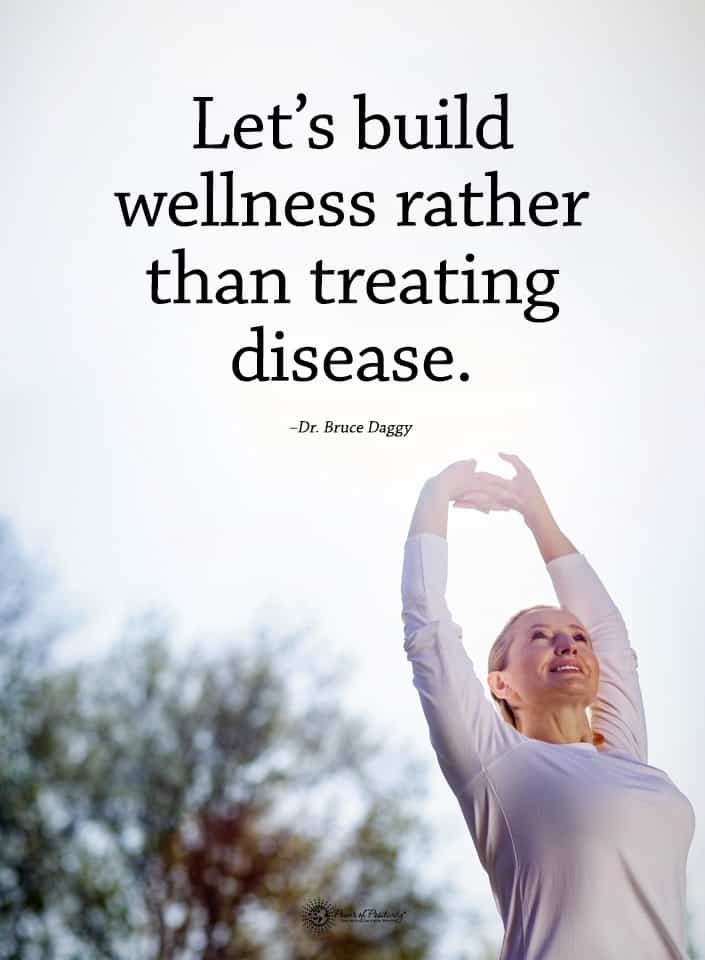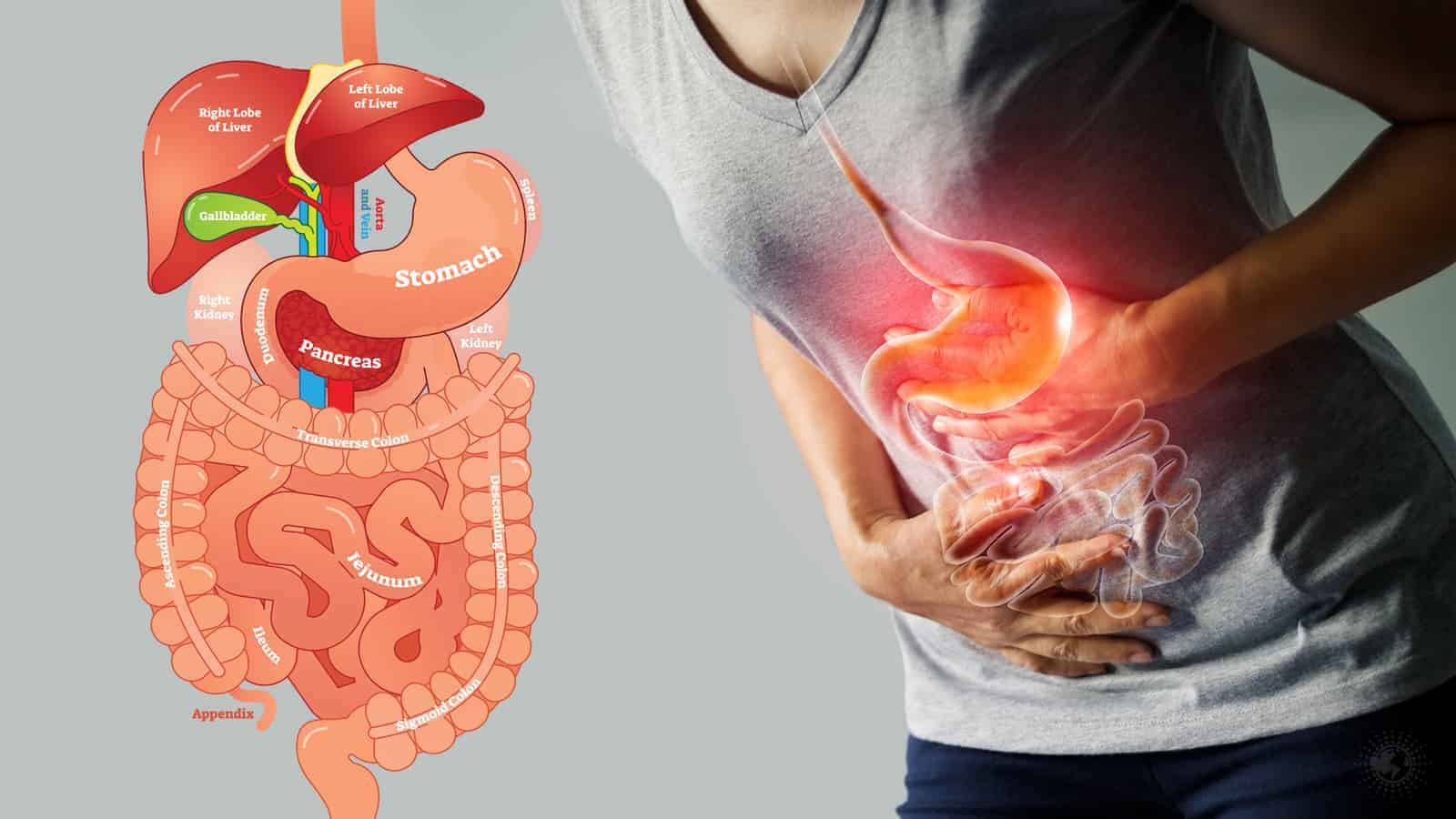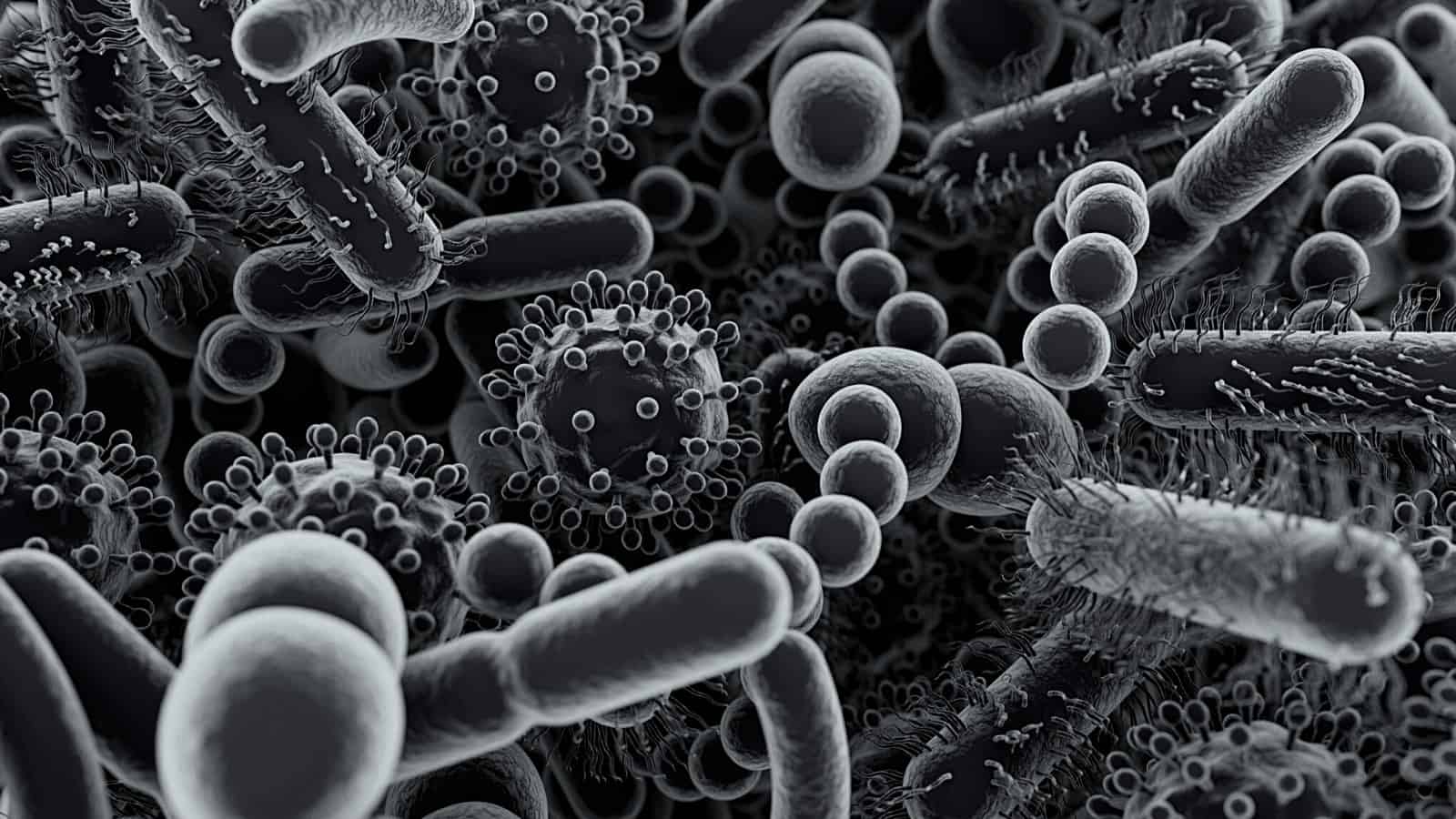Your digestive system is busy all day, every day. If your digestion is unhealthy, your entire body can be affected. Many things impact your gut health. Here are 15 simple habits you can incorporate into your life for better digestion and overall good health.
Why is your digestive system so important?
Your gastrointestinal tract (GI tract) includes your entire digestive system. Every part of this system works together to break down foods into small nutrients like proteins, fats, carbohydrates, vitamins, minerals, and water that get absorbed into your blood systems and send to your cells to use growth repair and energy. The National Institute of Health reports that approximately 60 to 70 million Americans suffer from digestives diseases.
What affects your digestion?
 Although constructed in the same way as other people’s digestive systems, your digestive system is unique to you. Many things impact your digestion. Some of these things include:
Although constructed in the same way as other people’s digestive systems, your digestive system is unique to you. Many things impact your digestion. Some of these things include:
- Your body build
- Your genes
- How you deal with stress
- Your family
- What you eat
Habits for better digestion
Try adopting these ten healthy eating habits to improve your discomfort.
1 – Routine schedule of eating
Life gets busy. In the midst of your busyness, it’s important to keep a consistent schedule of eating to help your digestion. If you don’t eat consistently, it can make your stomach overwork, so you get bloated and have indigestion. At least every 3 to 4 hours, eating regular meals sets your body’s internal clock, so your digestive system works regularly.
2 – Eat a healthy diet
Back in 1826, Anthelme Brillat-Savarin first wrote, “Tell me what you eat, and I’ll tell you what you are.” Years later, Ludwig Andreas Feuerbach expanded on this thought, saying, “ Man is what he eats.” But it wasn’t until the 1930s that the phrase most people are familiar with came into use when nutritionist Victor Lindlahr wrote, “You are what you eat.” It’s no secret that eating a healthy diet is essential for good digestion.
Including many vegetables and fruits, whole grains, nuts, and seeds give you the best overall health. What you eat can hurt or help your digestion and impact how you feel. Steer clear of processed foods, fatty foods, and refined grains and sugars. These are low in fiber and contribute to bloating, gas, and constipation.
3 – Exercise
Like healthy eating, exercise impacts your gut health. Exercise helps increase the important microbes in your digestive system. When you work out, it raises your core temperature, which slows down blood flow to your intestines. This improves your gut microbes. Researchers also believe there could be a link between good gut microbes and good mental health. One study found that people who struggle with depression had lower levels of certain gut bacteria. Exercise could be the key to a healthier gut and a healthier mind.
4 – Eat smaller meals
When you eat a large meal, it overloads your digestive system. At first, your blood sugar rises, but then quickly falls during digestion. You’ll have lower energy and feel foggy-brained. Eating smaller meals can stop this and allow your body to function more efficiently throughout the day. Besides having more energy and feeling mentally better, smaller meals help keep the fatty acids in your blood stable.
5 – Eat frequent meals
You’ve probably been told your entire life to not snack between meals. Still, nutritionists are finding that people who are grazers when it comes to eating are healthier than individuals who follow the more traditional three meals a day. Eating less fat and more whole-grain carbohydrates, as well as lots of fruits and veggies, is the key to better digestive health.
They also found that people who graze have higher vitamins and minerals in their body, plus lower body fat. Of course, you don’t need to give up your evening meals as a family. Just be sure not to overeat during these meals if you’ve been grazing all day.
6 – Get enough sleep
Did you know that getting enough sleep helps you have better digestion? There’s a connection between your gut microbes and good sleep. Your gut has an abundance of microorganisms like viruses, bacteria, fungi, and protozoa. The more diverse these organisms, the better for your overall gut health. Sleep improves your gut health because when you’re in deep REM sleep, your brain is busy “taking out the trash,” so to speak, which allows your brain and gut to communicate.
7 – Eat more fiber
Another healthy habit to aid your digestion includes eating lots of fiber. If you don’t get daily fiber, you can end up with chronic gassiness and bloating to don’t feel your best. Aim to eat for at least 20 to 30 grams of fiber a day to avoid getting constipated.
Spread your fiber out through your day in small amounts. Try small servings so you won’t feel discomfort.
Here is a shortlist of rich sources of fiber you can include in your daily diet:
- Whole grains: Oatmeal, whole-wheat pasta, or brown rice are great sources of whole grains.
- Beans: Black beans, lentils, and pinto beans are examples of high protein, high-fiber foods.
- Nuts and seeds: Walnuts, peanuts, almonds, pistachios, and sunflower seeds
- Popcorn: Air-popped popcorn drizzled with olive oil and a dash of sea salt is healthiest.
- Berries: Strawberries, raspberries, blueberries are powerful antioxidants as well as high in fiber. Include these in your smoothies, in your baking, or eat them fresh for a snack.
- Cereals: Look for cereals with at least 5 grams or more of fiber.
- Crunchy veggies: Carrots, broccoli, asparagus, lettuce, celery, green beans, and cauliflower are high in fiber. Space out eating these veggies because if you eat too many at once, they can cause you bloating, gas, and belching.
8 – Control your stress
Stress adversely affects your gut. When your body is feeling stressed, it slows down digestion causing indigestion or nausea and even diarrhea. When you’re under stress, you may be tempted to eat poorly, grabbing comforting sugary processed foods instead of healthy whole foods. Yoga, running, swimming, and walking are helpful exercises to reduce your stress.
Some people turn to their faith to find relief from stress-related life circumstances. If you’re constantly under stress, it can affect your entire body, making you prone to certain conditions or diseases. Seek out help from a counselor, your pastor, or a friend who is a good listener. Having someone to talk to can help you feel like you’re not alone.
9 – Probiotics do your gut great good
Probiotics are tiny bacteria and yeasts that naturally live in your gut. These healthy bacteria and other organisms keep the proper balance of gut flora for good digestion. Probiotics fight off bad bacteria in your gut.
For the past decade, over-the-counter probiotics have been encouraged to help your gut. But a recent 2020 study found that taking a high amount of probiotic bacteria in the form of supplements, probiotic drinks, and yogurts may not be that healthy. Plus, researchers aren’t totally convinced that probiotic supplements can tolerate the acids and bile in your stomach. Overall, researchers are beginning to have doubts about the effectiveness of taking any supplemental probiotics. In the end, the best way to keep the probiotics in your gut healthy is to eat a healthy diet with a variety of whole grains, fresh produce, and lean meats.
10 – Drink water
Because you lose water throughout the day from regular breathing, sweating, and digestion, it’s important to drink lots of water. Water is naturally the best choice to replenish your body fluids. Depending upon your age, activity level, and time of year, you need different water amounts. Recommendations suggest that men drink 3.7 liters of fluids a day, while women should drink 2.7 liters of fluids a day. Some of your fluids will come from your foods, but much of your fluid intake should come from water. Drink water throughout your day. Also, drinking water at meals aids your digestion. Just be sure not to drink too much water during meals since it can cause bloating.
Two common digestive problems
Digestive problems are a common problem for many Americans. This is due to genetics and environmental conditions, but many digestive problems are due to poor lifestyle choices such as a bad diet and lack of exercise. Whatever the cause, there is a growing number of digestive problems, many of which doctors are uncertain of the cause. Here are two of the most common digestive problems.
1 – Gastroesophageal reflux disease (GERD)
According to the Cleveland Clinic, GERD occurs when your stomach’s acid backs up in your esophagus or throat. This causes pain and indigestion.
2 – Irritable bowel syndrome (IBS)
IBS is a condition with many symptoms such as constipation or diarrhea, gas, stomach pain, and flatulence.
 Final thoughts on how you can enjoy better digestion
Final thoughts on how you can enjoy better digestion
Your busy digestive system works hard to digest your food. You can practice these habits for better digestion and good gut health. Whether you choose to eat small frequent meals, exercise, maintain a healthy diet, and control your stress, all these things will benefit your gut, so you have better overall digestion.


















